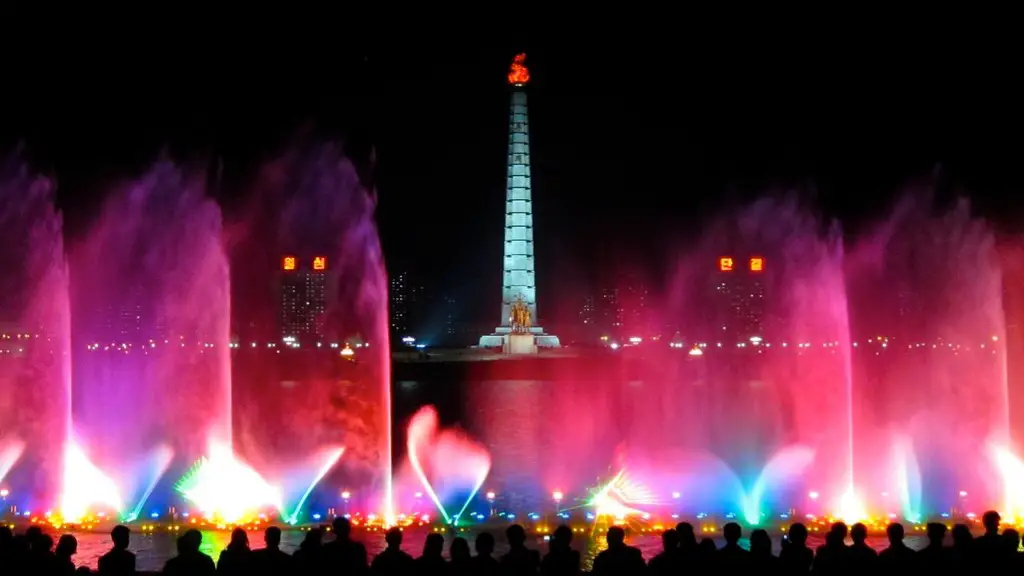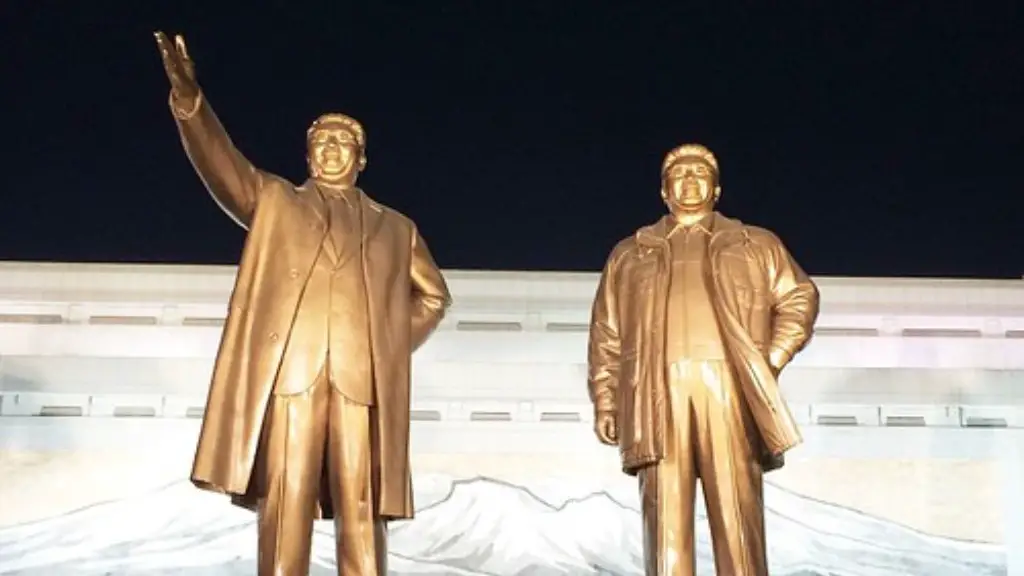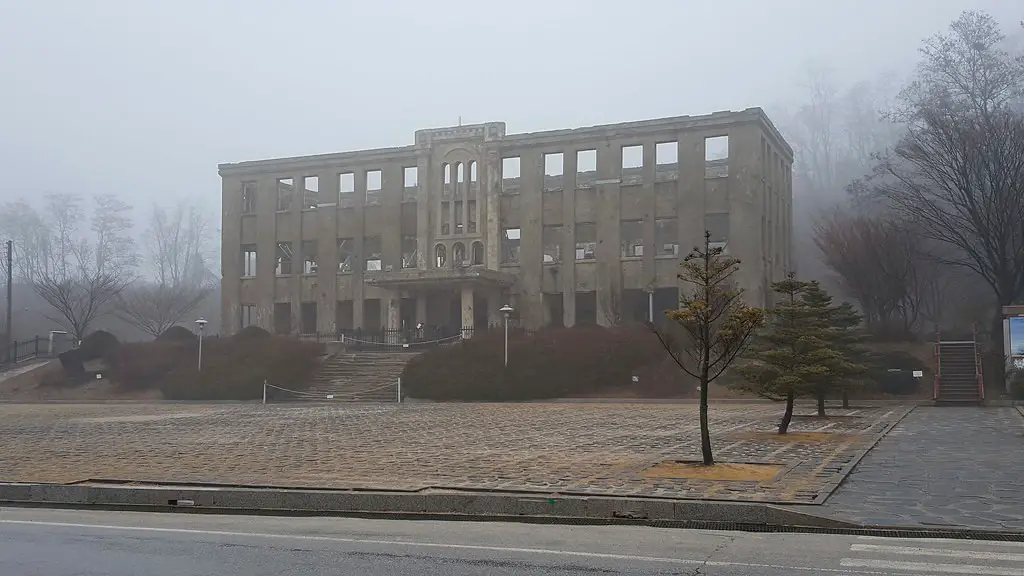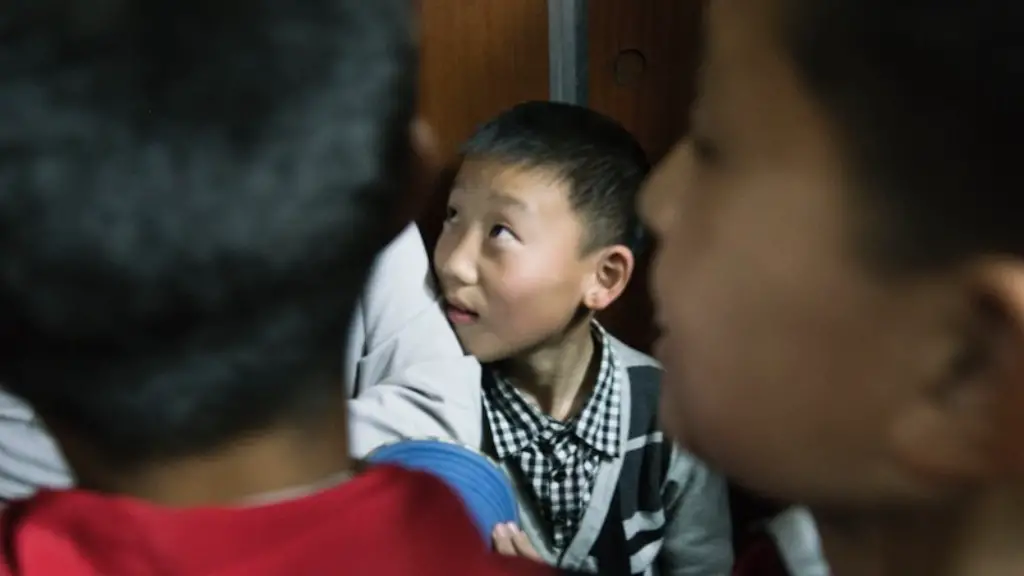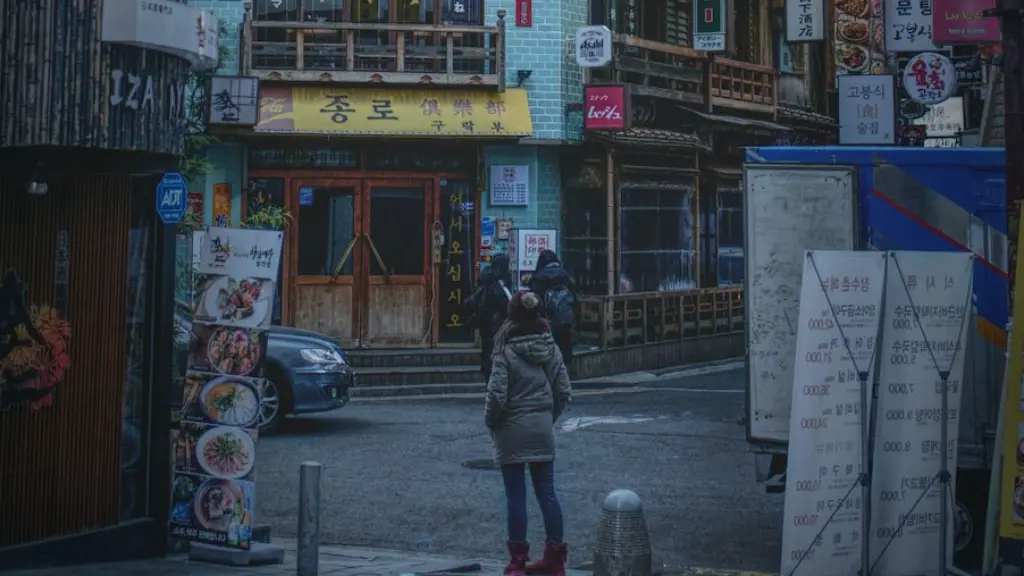The economy in North Korea is centrally planned and is based on the juche idea, which self-reliance. The country has some natural resources, such as minerals, coal, limestone, and iron ore, but it also relies heavily on imports. The economy is not very diversified and is heavily dependent on the agricultural and military sectors. Despite these sectors, the economy has been struggling in recent years due to international sanctions and a lack of foreign investment.
The economy in North Korea is in a state of transition. In recent years, the country has experienced a number of positive economic reforms, including the liberalization of agricultural markets, the expansion of foreign trade, and the development of special economic zones. However, North Korea’s economy continues to face significant challenges, including a lack of foreign investment, high levels of corruption, and a number of structural problems.
Is North Korea’s economy strong or weak?
The North Korean economy is not very free. It ranks 177th out of 180 countries in the world in the Index of Economic Freedom. North Korea is also ranked 39th out of 39 countries in the Asia-Pacific region. Its overall score is below the regional and world averages. North Korea’s economic freedom score is particularly low in the areas of property rights, freedom from corruption, and investment freedom.
It is tragic to hear that there are reports of widespread starvation in North Korea. This is likely due to the country’s command economy, which doesn’t allow for much competition between businesses. The government has complete control over all monetary exchanges, which has likely caused the economy to remain stagnant. We hope that the situation in North Korea improves soon.
Why is North Korea’s economy poor
North Korea’s economic problems are largely a result of its isolation from the rest of the world. The country’s industrial capital stock is nearly beyond repair due to years of underinvestment, shortages of spare parts, and poor maintenance. As a result, the country faces chronic economic problems.
The GDP of a country is determined by the total value of all the goods and services produced in that country in a year. The GDP of South Korea is around 57 times greater than that of North Korea. This is because South Korea has a much more developed economy, with a higher level of technology and infrastructure. North Korea, on the other hand, is a much poorer country with a less developed economy.
What is North Korea’s tax rate?
While North Korea may not have traditional taxes, the government still manages to collect revenue through hidden taxes. These taxes come in the form of sales taxes on various goods and services. While citizens may not be aware of these taxes, they still contribute to the government’s revenue.
Unemployment in North Korea has decreased slightly in 2021, but it is still extremely high at 259%. This means that over a quarter of the labor force is without work and seeking employment. The high unemployment rate is likely due to the country’s poor economy and international sanctions.
Can you drink alcohol in North Korea?
In North Korea, there is no shortage of alcohol and no limit on consumption. drinking alcohol is a national pastime, just like in South Korea, China, and other East Asian countries. The main drink of choice is soju, a clear spirit made from rice, wheat, or barley. Soju is usually consumed neat, but it can also be mixed with water, fruit juice, or other beverages.
As North Korea’s most vulnerable people slip deeper into starvation, its government has ordered periods of intense crackdowns on the rapidly growing number of homeless people along the China-North Korea border. These crackdowns are ostensibly for threatening to hinder state emergency quarantine efforts and tarnishing the image of socialism. However, it is clear that the true motive is to keep the homeless population under control and out of sight. This is a heartless and inhumane way to deal with a growing humanitarian crisis.
Do North Koreans have Internet
As of 2022, the North Korean government has cut off all access to the global internet for its citizens. Instead, they are only able to access Kwangmyong, a government-operated intranet system. This means that only a small number of North Korean elites have access to the global internet, while the rest of the population is cut off from the rest of the world.
The shortage of foreign exchange is a major constraint on economic development in the country. The chronic trade deficit and large foreign debt are the main reasons for the shortage of foreign exchange. Foreign aid has also been declining in recent years, which has further constrained economic development.
Does North Korea lack food?
It is estimated that over 10 million people in North Korea are facing severe food insecurity, with many resorting to extreme measures to survive. The situation has been exacerbated by the North Korean government’s decision to self-isolate in response to the COVID-19 pandemic, which has limited access to food and essential supplies. Additionally, data on food production and prices suggest that the situation is unlikely to improve in the near future. The international community must therefore work together to address this complex humanitarian emergency.
1. “North Korea: Food security deteriorating amid Covid-19 response.” ReliefWeb, United Nations Office for the Coordination of Humanitarian Affairs, 13 Aug. 2020, www.reliefweb.int/report/democratic-peoples-republic-korea-dprk/north-korea-food-security-deteriorating-amid-covid-19.
Since 1948, North Korea’s population has grown to 25 million. However, due to the country’s economic structure and lack of participation within the world economy, poverty is still prevalent. Approximately 60% of North Korea’s population lives in poverty. While the country has made some progress in recent years in terms of economic development, much more needs to be done in order to reduce poverty and improve the standard of living for its people.
Does the US trade with North Korea
According to the United Nations COMTRADE database on international trade, the United States exports to North Korea was US$432 thousand during 2018. This data is last updated on February of 2023. The exports from the United States to North Korea has been increasing over the years and it is likely to continue to grow in the future.
North Korea is well known for its unique and often bizarre products. From coins and stamps to hand-painted posters and books written by the “Great Leaders”, there is a wide variety of North Korean products that can be bought. Cds, videos (eg North Korean movies), t-shirts, Korean traditional products including alcohol and cigarettes are all made in the DPRK.
How much is a loaf of bread in North Korea?
The cost of living in North Korea is relatively low when compared to other countries. Food prices are reasonable, with a kilo of apples costing only 750 KPW. A bottle of red table wine can be purchased for under 5000 KPW, and Coca-Cola is available for less than 100 KPW. Bread is also very affordable, with a standard loaf costing 950 KPW.
The top personal tax rate in Korea is 42% (including a local income tax corresponding to 10% of the personal income tax due), and this rate applies to taxable income in excess of KRW 500 million. However, expatriates can elect to apply a 19% flat tax rate to total Korea-sourced employment income.
Do Koreans have to pay taxes
A resident taxpayer in Korea is subject to income tax on their income from all sources, both within and outside of Korea. A non-resident taxpayer is only subject to income tax on their income from sources within Korea.
Freedom of movement is an important human right, and North Korea severely restricts this right for its citizens. North Koreans usually cannot freely travel around the country, let alone travel abroad. Emigration and immigration are strictly controlled. This means that people are effectively trapped in North Korea, unable to leave even if they want to. This is a serious violation of human rights and must be addressed.
Final Words
The economy in North Korea is centrally planned and state-owned. The country faces many economic challenges, including a large trade deficit, high levels of inflation, and a shortage of foreign currency. The government has instituted some economic reforms in recent years, but these have not yielded significant results.
The economic situation in North Korea is very difficult. The country is not very developed and does not have much in the way of resources. The government is also very corrupt and does not invest much in the economy. This has resulted in a lot of poverty and hardship for the people of North Korea.
